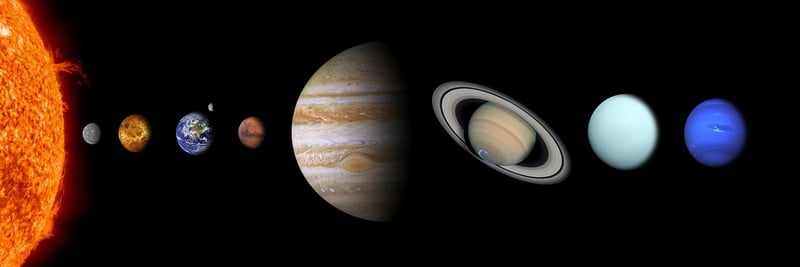Astrobiological Research
Exploring Life's Possibilities in Space through Astrobiological Research
Space has always been a subject of fascination for scientists, researchers, and enthusiasts alike. The vast expanse of the universe presents an infinite number of possibilities, including the potential for life beyond Earth. Astrobiological research is a field dedicated to studying the origin, evolution, and distribution of life in the universe. By exploring the conditions that support life on Earth and beyond, scientists aim to unravel the mysteries of existence beyond our home planet.
The Search for Extraterrestrial Life
One of the primary goals of astrobiological research is to search for signs of extraterrestrial life. Scientists study extremophiles - organisms that thrive in extreme environments on Earth - to understand the limits of life and where it could exist in the universe. By exploring environments like deep-sea hydrothermal vents, icy moons, and Mars, researchers hope to find clues that may point to the existence of microbial life beyond Earth.

Studying Exoplanets and Habitability
With the discovery of thousands of exoplanets outside our solar system, scientists have a vast array of worlds to study for potential habitability. By analyzing the atmospheres of these exoplanets and determining their composition, researchers can assess whether conditions suitable for life exist. The identification of habitable exoplanets brings us one step closer to understanding the prevalence of life in the universe.

The Role of Astrobiology in Space Exploration
Astrobiological research plays a crucial role in shaping the future of space exploration. By understanding the conditions necessary for life to thrive, scientists can target their search for life on other planets and moons within our solar system. Furthermore, astrobiology guides the design of missions to search for extraterrestrial life, such as the upcoming Mars sample return mission, which aims to bring Martian rock samples back to Earth for analysis.
Conclusion
Astrobiological research offers a glimpse into the vast possibilities of life in space. By studying extremophiles, exoplanets, and the potential for habitability beyond Earth, scientists are paving the way for future discoveries that may revolutionize our understanding of the universe. As technology advances and our knowledge grows, the search for extraterrestrial life continues to inspire and captivate us, driving us to explore the unknown and uncover the mysteries of life beyond our planet.
